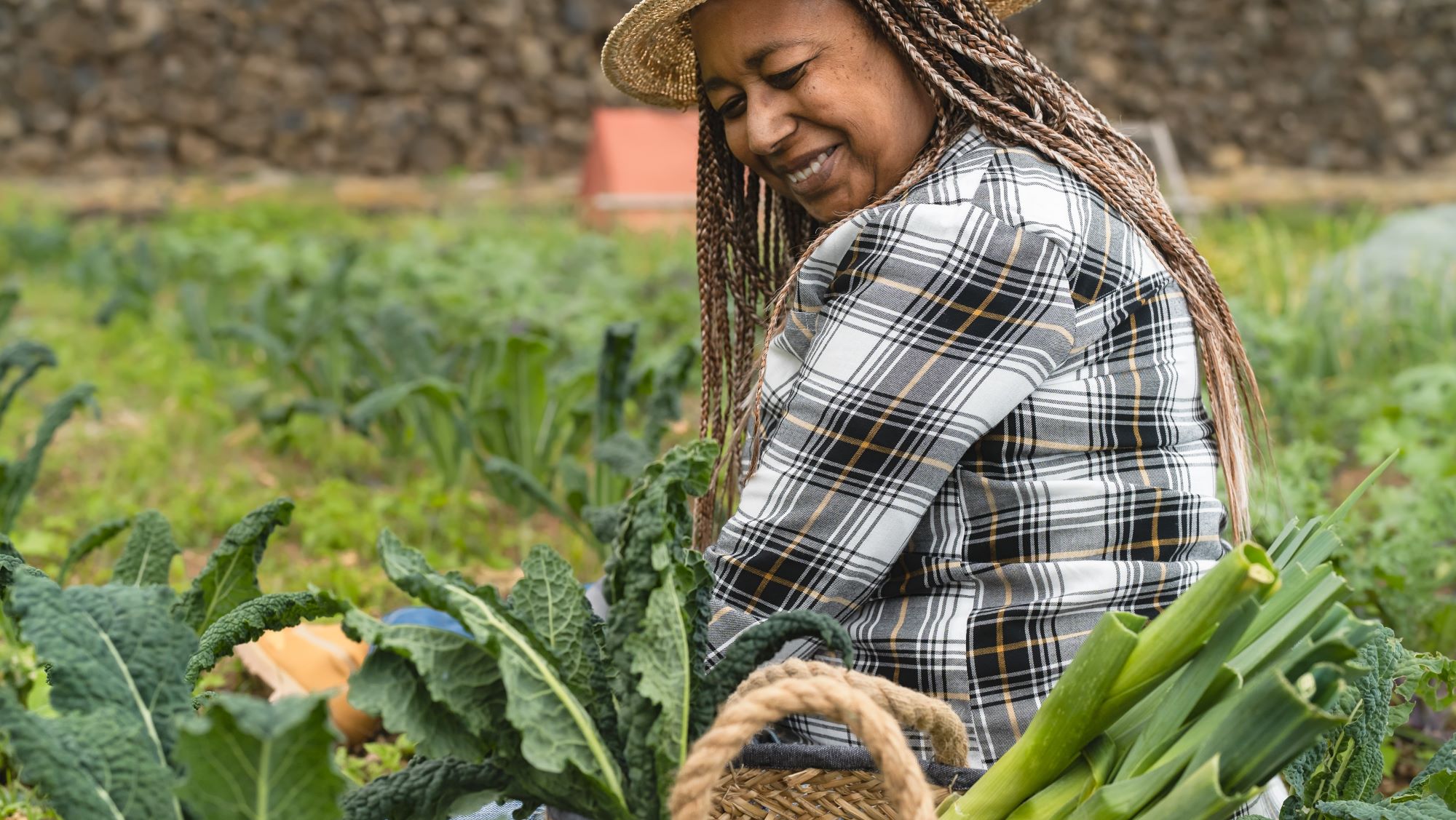

Scientists who research soil by day and play board games at night designed a new activity they hope will make their jobs easier to explain to their family, and even more importantly, the world.
Tanvi Taparia, a postdoctoral researcher at the University of Copenhagen, studies how soil biology affects plant health and growth, which in turn affects how much food farmers can produce. She helped design a board game, wittily named Dirty Matters, that illustrates soil’s role in achieving food security, clean water, and carbon storage, three of United Nations sustainable development goals. The game is free and available to download for the public online. Interested players can print out the board game, cards, and characters.
“I love board games. I love to play them,” Taparia says. One day a friend, who researches microplastics in soil, floated the idea of creating a board game on the subject. “We struggle to share our research sometimes with friends and family, because there’s so many ‘ifs’ and ‘buts’ and ‘if onlys.’ There’s all these technicalities that’s really difficult to explain to someone who is not in the field,” Taparia explains.
Board games offer a relatively unexplored medium of communication, a social and playful one, that can help explain a subject with many details and technicalities, she adds. And understanding soil might be more urgent than ever. A thin and fragile skin that coats the planet, soil supports almost all food production, filters water, regulates the Earth’s temperature and stores more than 70 percent of the world’s carbon on land. In large parts of the world, it’s been significantly degraded by human forces like industrial agriculture, deforestation, urbanization, and pollution.
[Related: Quick and dirty tips to make sure your plants love the soil they’re in]
But sometimes, it seems as if people have no clue what’s going on below their feet. They think that soil will always be there and that it doesn’t require any management, Taparia says. And while many of the farmers she speaks to for her research do take steps to boost their soil health, some of them don’t seem to realize exactly how degraded their soils are or how agrochemicals affect them.

“I don’t think they realize the impact [the chemicals] have on the soil,” she says. “It gives them a high yield and that’s good from an economic perspective. But from a more long-term perspective, that is not sustainable. It takes thousands of years to make [new] soil.”
Fertilizer overuse is one of the more catastrophic cards you can draw in Dirty Matters.
The game is an exercise in collaboration, which she says is key to sustainability work. It can involve up to six people, each of whom can choose a player that lives in the soil—either an earthworm, mole, or type of soil fungi—with special abilities and restrictions. As contestants make their way around the board, they pull event cards that force them to reckon with phenomena like acid rain, pesticides, severe wildfire, and climate change. Soil power cards like compost, manure, lime, and integrated grazing to mitigate these events and prevent irreversible soil damage. The objective of the game is to feed six generations without polluting the water, breaking down natural carbon sequestration, or triggering a famine.
[Related: Bacteria wars are raging in soil, and it’s keeping ecosystems healthy]
Taparia and four other soil researchers from the United Kingdom, the Netherlands, and Germany developed the game with funding from the British Society of Soil Sciences, then tested it with family, friends, and friends of friends to positive feedback. They recommend it for anyone ages 8 and up.
Taniya RoyChowdhury, a soil microbiologist at Woodwell Climate Research Center in Massachusetts, notes that the game’s interactive nature could help players absorb information better than the more traditional flyers or lectures on ecosystem health and agricultural management. “I have engaged in several outreach activities with students in elementary schools to high school, in national museums as well as science conferences,” RoyChowdhury wrote in an email to Popular Science. “My experience is that presenting materials and information in ways that allow the audience to have hands-on experiences are more successful in bringing about real education, as is the objective of [Dirty Matters].”
RoyChowdhury also applauds how the game challenges individuals to use key real-life players like earthworms to manage and restore soil. “I don’t think most people realize the importance of soils and think of it as an inexhaustible resource,” she wrote. “The game does a good job of highlighting the key players in soil at all trophic levels and also takes advantage of connecting them to the fundamental soil properties.”
Daniel Richter, a professor of soils and forest ecology at Duke University, calls the game a noble effort to educate people about the importance of soil, even though he did wish it had less of an apocalyptic feel. He also points out that soil sediments will remain in streams and rivers no matter what we do to manage the land, given that the rate of erosion has been so high.
The world “is not literally ‘running out of soil,’” Richter wrote in an email to PopSci. “But even still, soil is fundamental to our wellbeing [and] that of the Earth, and we are more disturbing and running soil down [than] using our abilities to build it up for the present and for the future.”
Taparia and her team are planning a second board game, also on soil, which will be released in the next few months. “I think a lot more emphasis needs to be put on soils and also how degraded soils are not able to meet our goals,” she says. “So both ways, the potential that a healthy soil has and also what we are missing out on when we have degraded soils.”